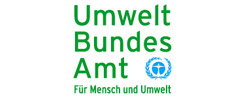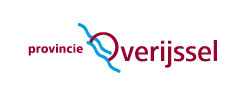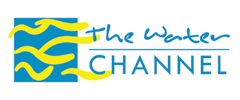UN CSD-13 confirms subsidies for poor to access safe water
Women and NGOs ask for a ‘rights based approach’ for access to basic services
29.04.2005 |Sascha Gabizon

Cayetana Carrion (WEDO) and Sascha Gabizon (WECF) presenting the Women's Mayor Group statement in the round table of Mayor Groups and Ministers, CSD-13, April 21th 2005
Women and NGOs want a ‘rights based approach’ for access to basic services
see also photos of CSD+13
WECF and WfWfW took part in the United Nations 13th Session of the Commission for Sustainable Development. WECF was present with a delegation of 5 members and it’s director, and actively took part in the women’s caucus.
The WECF and WfWfW delegation and the other members of the women’s caucus left the CSD with mixed feelings.
Positive outcomes
In it’s final statement, the Women thanked many of the governments who negotiated hard to keep essential points in the text, such as:
- subsidies targeted at the poor
- affordable environmental technologies
- The crucial role of women……..although we think it is inappropriate to keep on repeating “as appropriate” when it refers to our participation in decision making!
WECF was also very pleased that sanitation has finally moved up the agenda. And, we welcomed that women’s equal rights to own and inherit land are reconfirmed!
Right based approach
The Women Mayor Group are a bit disappointed that a direct reference to a rights-based approach has disappeared from the text.
WECF was pleased to see however, that instead of a direct reference to this, the Chair Mr. John Nash, returned to the last version of the text a sentence which had been taken earlier, to improve equal access to basic services.
According to the experience of WECF and it’s members, for the poorest, governments should ensure free access to the life-line of water.
There are many good examples how this could work in practice.
South Africa has developed a model that recognizes the right of “water for all”.
The South African government acknowledges that not all South Africans can afford to pay even the minimum amount of water. Therefore the water department has developed a model where a limited basic amount of water (25 liter per person per day) is provided for free, and is cross-subsidised by the large users of water. Even this minimum amount is little, as the WHO recommends at least 50 liters p/p p/day, but it provides the poorest with a ‘life-line’ to survive.
Some of WECF members who are in contact with the world-bank say from experience that the world bank tries not to promote cross-subsidies. In some cases a voucher system is proposed by the World Bank, but according to WECF members this is often not a good solution as vouchers mean that a functioning social security system should be in place. Also, it is difficult to insure that women and children have access to water if the vouchers are given to the head of the household.
Other references to the rights based approach where that most countries guarantee the ‘right to basic education for all’. How this is then financed is different from country to country. The same should apply to basic services like water.
Download the statements by the Women’s Mayor Group here:
Conclusions

































